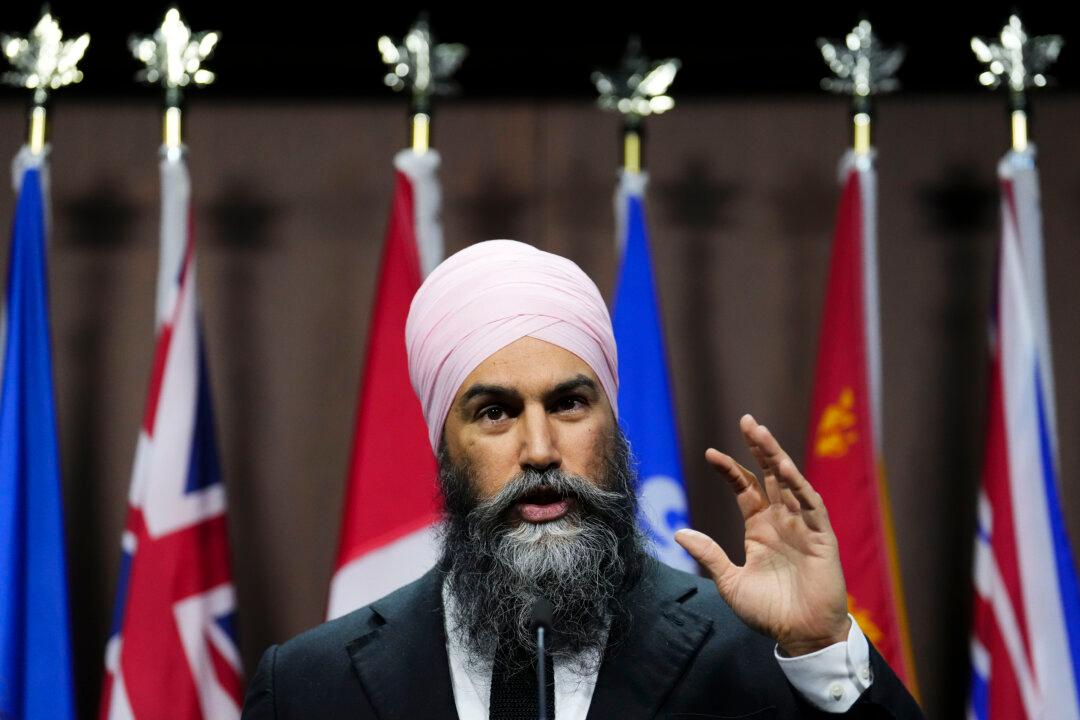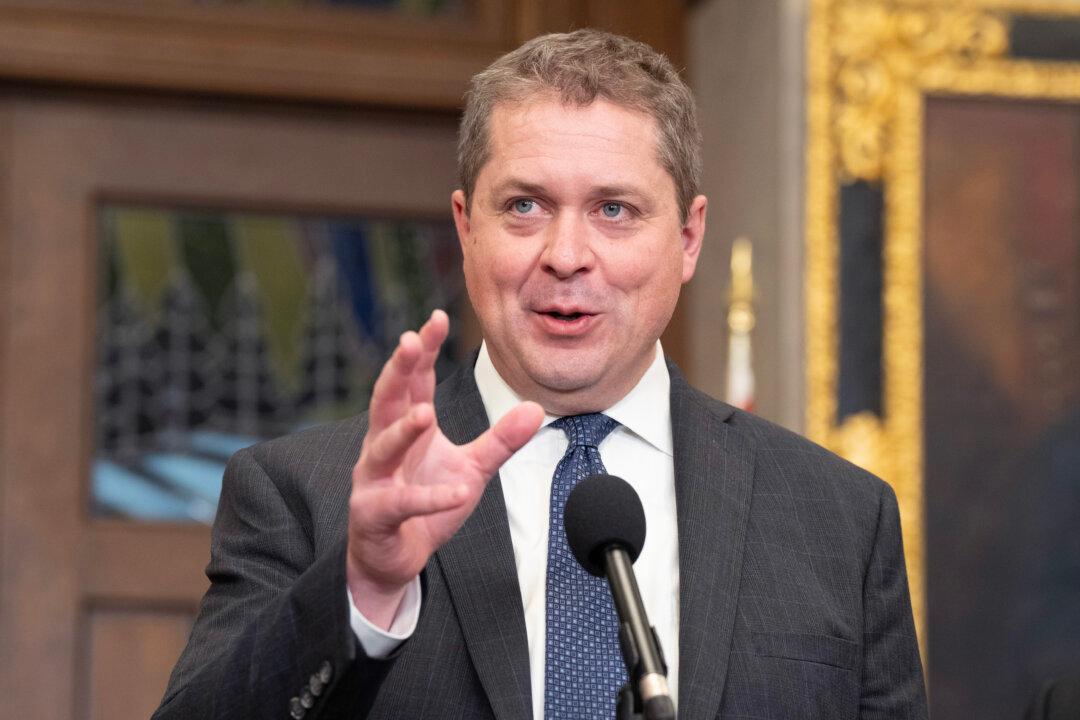NDP Leader Jagmeet Singh says his party will not support the Bloc Québécois and Conservatives in their bid to topple the Liberal government.
Singh told reporters during an Oct. 30 press conference that he would not vote in favour of a non-confidence motion to force an early election, citing concerns that such a move could result in the reduction of programs that benefit Canadians.





